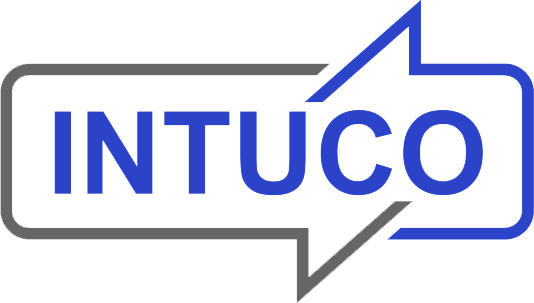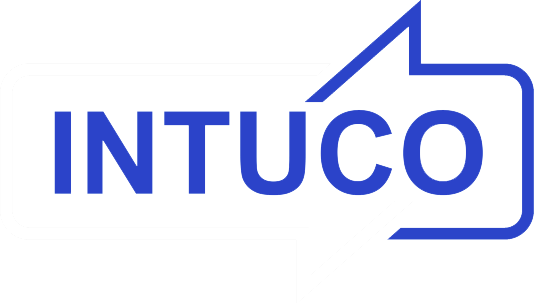In today’s volatile business environment, staying stagnant is tantamount to falling behind. Companies need a proactive and strategic approach to navigate the ever-changing landscape, and this is where strategic business planning becomes the crucial navigational tool.
What is Strategic Business Planning? Demystifying the Compass
Strategic business planning is an iterative process designed to chart an organization’s long-term course. It’s a comprehensive roadmap that involves:
- Internal Assessment: Companies delve into a thorough introspective analysis to identify their strengths and weaknesses (SWOT analysis). This self-discovery helps pinpoint core competencies, areas for improvement, and potential internal obstacles.
- External Awareness: Beyond introspection, strategic planning fosters external awareness. This involves identifying opportunities and threats within the market landscape, including emerging trends, competitor actions, shifting customer preferences, and potential industry disruptions.
- Goal Setting: Informed by internal and external insights, the organization establishes clear, measurable, and ambitious goals aligned with its vision and mission. These goals become the guiding lights, perpetually reminding the company of its desired future state.
- Strategic Development: With a comprehensive understanding of its context, the company embarks on strategic development. This involves crafting specific initiatives and action plans that leverage its strengths, address weaknesses, capitalize on opportunities, and mitigate threats. These initiatives become the building blocks, outlining the roadmap to achieve company goals.
- Continuous Adaptation: Recognizing the inherent uncertainty of the future, strategic planning is not a one-off endeavor. It’s an ongoing, iterative process that demands continuous monitoring and adaptation. Companies regularly evaluate their progress, assess achieved results, and adapt their plan as circumstances evolve and unforeseen challenges arise.
Why Is Strategic Business Planning Crucial for Success?
The value proposition of effective strategic planning is demonstrably supported by research and compelling statistics:
- Enhanced Performance: Companies with a clearly defined strategy outperform competitors by 20% in terms of total shareholder return (Bain & Company). This translates into increased profitability, higher stock prices, and ultimately, a stronger financial position for the organization.
- Improved Focus and Clarity: Strategic planning allows companies to prioritize efforts, eliminate distractions, and allocate resources towards initiatives with the highest potential impact. This focused approach ensures the company is directing its energy and resources effectively towards achieving stated goals.
- Elevated Efficiency and Effectiveness: A well-defined strategy facilitates streamlined operations, leading to increased efficiency in resource utilization and improved effectiveness in achieving goals. This can manifest in faster product development cycles, reduced operational costs, and enhanced customer service experiences.
Navigating the Minefield: Overcoming Challenges with Strategic Foresight
Strategic planning empowers companies to overcome major challenges and achieve sustainable growth. Let’s explore its impact on key areas crucial for success in today’s competitive environment:
a) Return on Investment (ROI):
- Strategic Resource Allocation: Strategic planning prioritizes initiatives aligned with market demands and company strengths, directing resources towards investments with a higher likelihood of generating returns. This data-driven approach minimizes financial risks and maximizes the potential for profitable outcomes.
- Cost Reduction: Strategic planning involves identifying operational inefficiencies through self-evaluation and benchmarking against industry leaders. Addressing these inefficiencies leads to cost optimization, freeing up resources for investments in strategic initiatives and improved resource allocation.
- Innovation Focus: Strategic planning often triggers a focus on innovation. Companies actively seek ways to improve existing products and services, develop new offerings that meet evolving customer needs, and explore innovative business models. This focus on innovation can lead to the creation of new revenue streams and increased market share.
b) Employee Retention:
- Clear Career Paths: Strategic planning helps identify future needs and skills required for the company’s success. This foresight allows companies to create targeted training and development programs, equipping employees with the skills needed for internal career advancement. This investment in employee development demonstrates the company’s commitment to its workforce, contributing to increased employee satisfaction and reduced turnover.
- Meaningful Work: Strategic planning often involves defining core values and aligning them with organizational goals. This creates a sense of purpose and meaningful work for employees, leading to increased engagement and motivation.
c) Competition:
- Proactive Adaptation: Strategic planning fosters anticipatory thinking, enabling companies to identify potential threats posed by competitors and develop proactive strategies to address them. This allows companies to maintain a competitive edge.
- Differentiation: The strategic planning process encourages companies to identify unique selling propositions (USPs) and differentiate themselves from competitors in the marketplace. This allows them to capture and retain a dedicated customer base, contributing to increased market share and profitability.
Charting the Path to Success: Market Share and Beyond
Strategic business planning serves as the foundation for achieving sustainable success and market share growth. Companies that utilize strategic planning experience a multitude of benefits:
- Increased Clarity and Alignment: A clear and concise strategic plan provides a shared vision for the organization, leading to increased collaboration and alignment across departments. This unity of purpose fosters a focused and productive environment, driving the company towards achieving its goals.
- Enhanced Decision-Making: Strategic planning provides a framework for informed decision-making. By analyzing internal and external factors, companies can make strategic choices aligned with their long-term goals and optimize their resource utilization.
- Improved Agility and Adaptability: The iterative nature of strategic planning allows companies to adapt to changing circumstances promptly. This agility is crucial in today’s dynamic market environment, allowing companies to respond to emerging opportunities and threats effectively.
In conclusion, strategic business planning is not merely a theoretical exercise, but a pragmatic and proven approach to navigate the complexities of the business landscape. By empowering companies to overcome challenges, fostering employee engagement, and driving strategic decision-making, strategic planning serves as the compass guiding organizations towards sustainable success and market share leadership. Remember, in a constantly evolving business environment, strategic planning is not a destination, but a continuous journey towards long-term prosperity.







